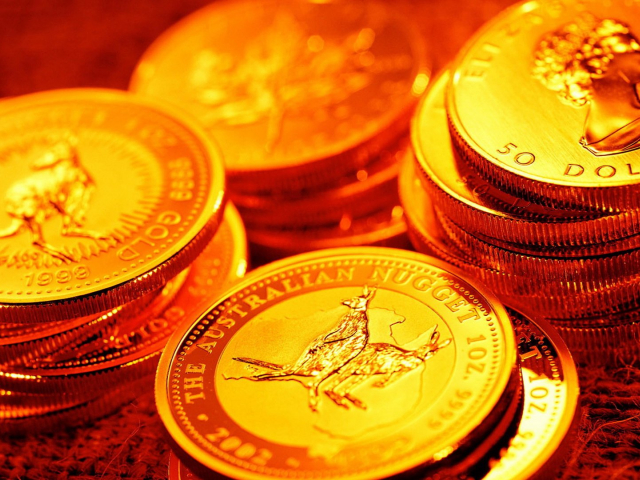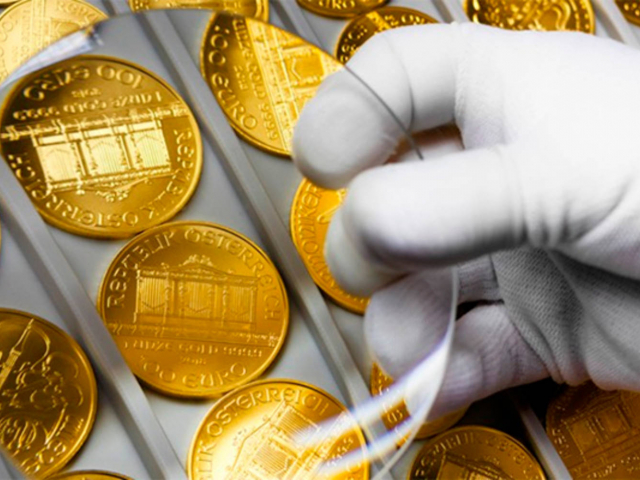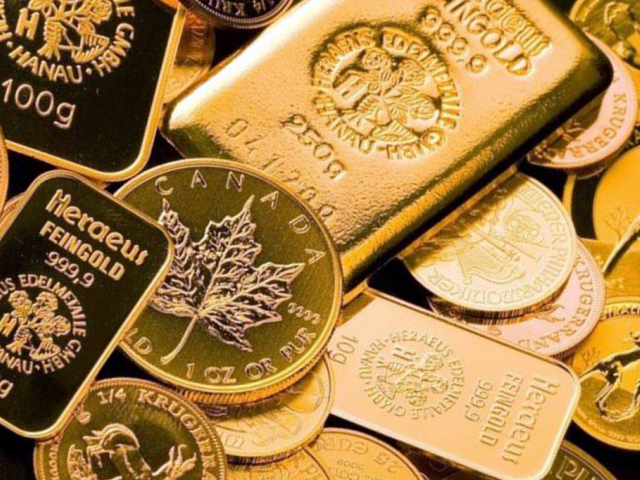Myth #1: rare bullion coins are not subject to taxation
Many investors believe that they should not pay taxes when storing bullion coins. However, this belief is wrong. Experts advise buyers to factor in the annual tax spending. Remarkably, most countries apply quite similar requirements to bullion and collection items. In some cases, traders should notify tax authorities about buying or selling gold bars and bullion coins with the exception of investments of over $10,000 or the sale of large gold bars. It often happens that sellers do not warn investors about the necessity to declare the income received through the sale of gold coins. The tax requirements are equal for both numismatic and investment coins. The revenue obtained through keeping rare coins for over 1 year is taxable based on the rate applied to collectible items. At the same time, short-term profits that investors get from selling the coins are taxed as common revenue.
Myth #2: rare bullion coins cannot be confiscated
As of the current state of things, states are eligible to confiscate rare gold coins under force-majeure circumstances. It can happen if a coin owner is in debt and has no other capital to compensate for the financial loss. Some time ago, when the US dollar was backed by gold, the government used to make people hand it over. This way, the state authorities aimed to increase the money supply to fight deflation pressure and finance state programs. Currently, this process is not that easy, but the government can find a way out if necessary. Besides confiscating coins, authorities may also raise taxes. As a matter of fact, any financial assets are easily trackable and confiscated, and this can be done online. As for spot gold and silver, these precious metals are protected much better than coins. The exception is an emergency or military action.
Myth #3: bullion coins are more promising assets than gold
Some investors believe that it is more reasonable to own bullion coins rather than gold. However, experts disagree with this assumption, arguing that the precious metal is more suitable for long-term investments than gold coins. The profit from collectible coins is much lower compared to the yield of gold bars due to extremely high spreads for the coins’ purchase and sale. Thus, too high trading costs reduce the profit potential of the collectible money. Moreover, frauds are frequent occasions in the rare coins market. Many sellers pass their coins off as unique items. An effective way to insure yourself against such an incident is to check the buyback price of a coin. For that, you need to find out the resale value of an asset on the day of purchase, but a little later. The price of coins and gold bars ranges from 5% to 15%.
-
Grand Choice
Contest by
InstaForexInstaForex always strives to help you
fulfill your biggest dreams.JOIN CONTEST -
Chancy DepositDeposit your account with $3,000 and get $6000 more!
In December we raffle $6000 within the Chancy Deposit campaign!
Get a chance to win by depositing $3,000 to a trading account. Having fulfilled this condition, you become a campaign participant.JOIN CONTEST -
Trade Wise, Win DeviceTop up your account with at least $500, sign up for the contest, and get a chance to win mobile devices.JOIN CONTEST






 602
602 3
3





